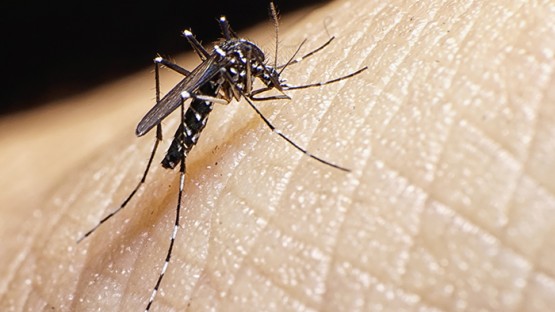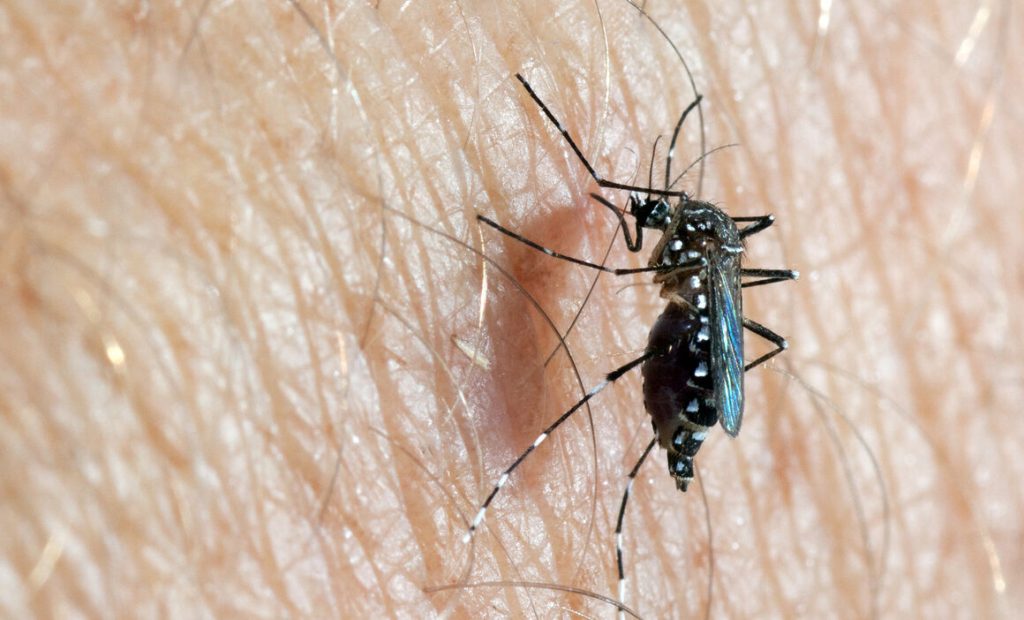
Are you a mosquito magnet? It could be the smell of your skin. A recent study discovered that individuals who produce elevated levels of carboxylic acids tend to be more attractive to mosquitoes.
Mosquitoes are attracted to individuals who produce certain scents, and this attraction is influenced by various factors. The composition of chemicals and compounds emitted by the skin, such as carboxylic acids, plays a role in determining a person’s attractiveness to mosquitoes. Research suggests that those who produce higher levels of these compounds may be more prone to mosquito bites.
Understanding the factors that make individuals more attractive to mosquitoes could help in developing better strategies for mosquito bite prevention. In the meantime, using insect repellents, wearing long-sleeved clothing, and avoiding peak mosquito activity times can be effective ways to reduce the risk of bites for everyone, regardless of their natural attractiveness to these pesky insects.
More Related Singapore Blogs

The reason some people attract mosquitoes more than others could be linked to the smell of their skin, according to a paper published on Tuesday (Oct 18) in the scientific journal Cell.
Certainly! Each person possesses a unique scent profile, comprised of various chemical compounds. Researchers have found that individuals who produce higher levels of carboxylic acids tend to be more attractive to mosquitoes. Carboxylic acids, including amino acids and fatty acids, are organic acids found in human sebum, an oily and slightly waxy substance that protects and moisturizes the skin.
In an experiment conducted by the researchers, the scents of different individuals were compared. Sixty-four volunteers participated by wearing nylon stockings around their forearms, allowing researchers to collect skin odor samples. These stockings were then placed in a closed container with female Aedes aegypti mosquitoes over several months. The study aimed to determine which stocking attracted more mosquitoes, shedding light on the influence of individual scent profiles on mosquito attraction.
Aedes aegypti mosquitoes, known for transmitting diseases like dengue and Zika, exhibit varying preferences in their choice of hosts. A round-robin tournament-style experiment revealed significant differences in attractiveness among individuals, with the most appealing subject scoring over 100 times higher than the least attractive ones.
Analysis of scent profiles indicated that highly attractive individuals tend to produce elevated levels of carboxylic acids on their skin, while less attractive individuals produce lower amounts. Moreover, the study found that attractiveness to mosquitoes tends to persist over time, as skin bacteria residing in pores, which play a role in attractiveness, are protected from external influences like hygiene practices and seasonal changes.
These findings bear potential public health implications, suggesting that in areas prone to diseases, a small fraction of individuals might consistently attract more mosquitoes. These individuals could serve as a reservoir for disease pathogens, emphasizing the importance of targeted interventions in disease prevention strategies.
The authors of the study emphasized the significance of understanding the factors that make someone a ‘mosquito magnet’ for designing effective interventions. They suggested that gaining insights into the reasons behind an individual’s attractiveness to mosquitoes could lead to the development of targeted interventions, such as manipulating skin microbiota, to make people less appealing to mosquitoes.
The proposal involves predicting high attractors within a community, enabling more efficient resource deployment to combat the spread of mosquito-borne pathogens. This approach aims to enhance the effectiveness of public health strategies by focusing on individuals who are more likely to attract mosquitoes, potentially reducing the risk of disease transmission.




